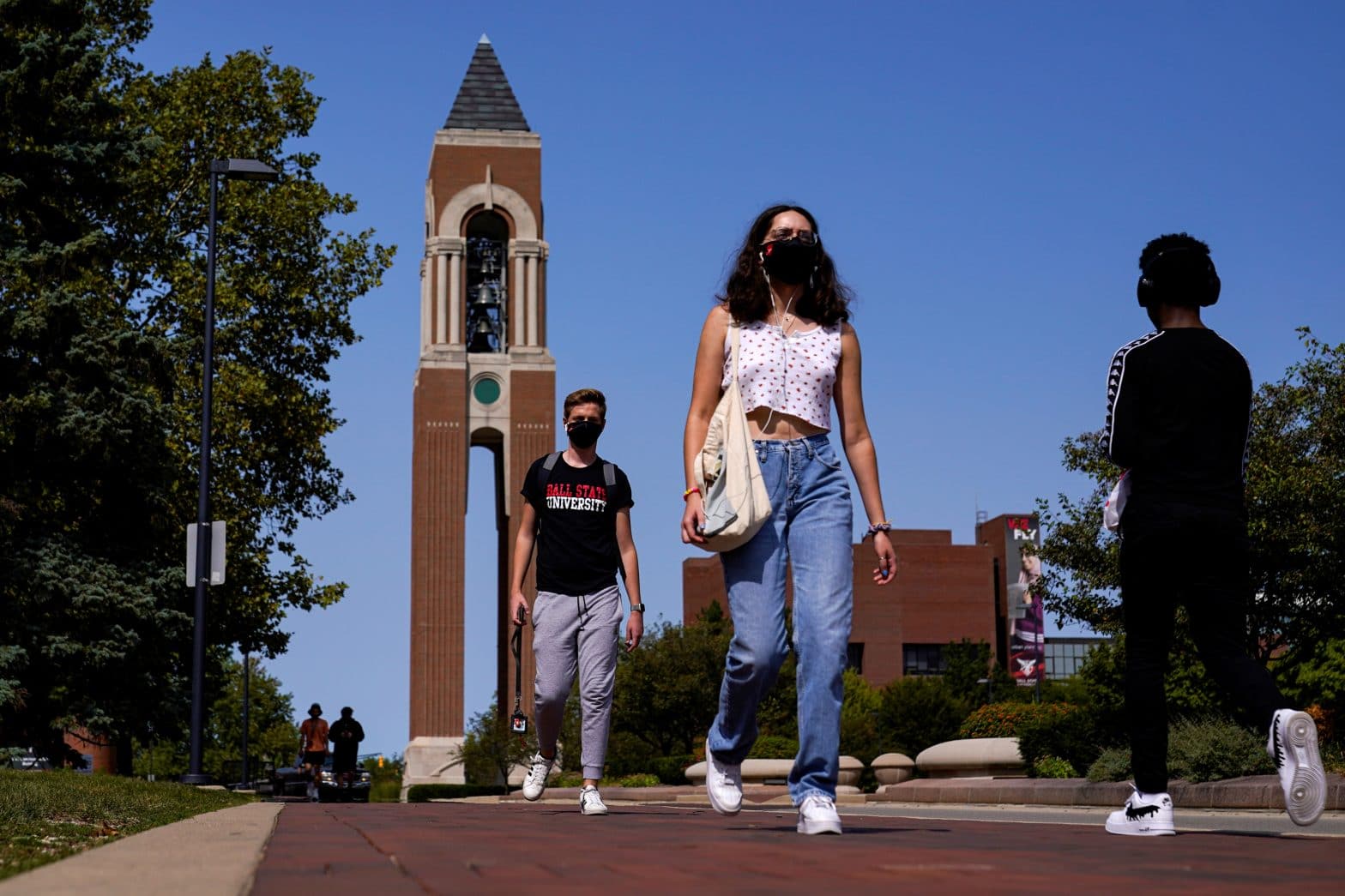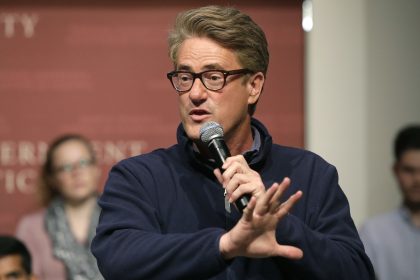Bipartisan Policy Center Celebrates Constitution Day with Webinar on Student Civic Engagement

The Bipartisan Policy Center, a Washington, D.C.-based think tank, hosted a webinar on student civic engagement featuring student leaders and other experts as part of its second annual celebration of Constitution Day.
The webinar focused particularly on the civic engagement of Generation Z college-age students, who according to the Pew Research Center, will make up roughly 10% of eligible voters expected to cast their ballots in the 2020 presidential election.
The first half of the webinar featured a discussion between moderator Matthew Weil, the director of the Elections Project at the BPC, and Nancy Thomas, the director of Tufts University’s Institute for Democracy and Higher Education.
Weil and Thomas discussed barriers that college students are typically faced with when it comes to voting in elections.
Weil noted that among the barriers students face is the issue of traveling between campus and their homes, which in turn causes confusion on where students can vote.
Additionally, polling places require more than one form of identification for college students; where in some cases students have to provide not just a driver’s license but also proof of residency, a challenge in itself as most students do not have proof of residency.
“I view them [voting barriers] as unnecessary and suppressive,” Nancy Thomas said.
In addition to these barriers, Weil and Thomas acknowledged that the COVID-19 pandemic will pose a challenge for student voters come this November.
“It’s going to affect college students in ways that will surprise us. Voting is a social act… if they’re forced to be socially distant, then that act is difficult to do,” Thomas said on the pandemic’s impact on student voters.
“Just the physicality of it [voting] is a problem,” Thomas added.
To combat these various issues students will face going to the polls, Thomas suggested that college presidents and faculty members need to become more involved in the civic engagement process by acting as “cheerleaders, advocates, and educators” for their students.
Thomas acknowledged that although college administrators may not want to engage politically with their students given how college reopenings were politicized, Thomas stated, “Campuses need to help students navigate these waters” when it comes to the complexities of voting.
The second half of the webinar, moderated by Jacquie Pfeffer Merrill, the director of the Campus Free Expression Project at the BPC, featured a panel of student leaders discussing efforts they have made at their respective campuses to promote civic engagement.
Mackenzie Meadows, the American University Chapter president of Black Girls Vote, a nonpartisan organization dedicated to representing the concerns and interests of Black women, said that when it comes to helping others vote, “Our main focus is helping students hone in on what their main concerns are this election.”
Echoing Meadows’ sentiment, Emily Garcia, the national director of Youth Development and president of the Arizona State University Chapter for BridgeUSA, said her organization hosts a number of roundtable events year-round encouraging students to express their views and be exposed to views dissimilar to their own.
Among the events Garcia noted was BridgeUSA’s “Bridge the Gap” event at ASU, where students can have 15-minute sit-down discussions led by professors and faculty on a variety of political topics in a speed-dating style setting. This year the “Bridge the Gap” event will be held over Zoom.
Anna Connole, a democracy fellow at the James Madison University Center for Civic Engagement, noted that her campus engages its student body via town hall forums featuring local candidates in the Virginia area. JMU also provides students with nonpartisan information guides on candidates up for election. Through some of its classes, JMU also encourages students to become poll workers.
Aside from efforts leading up to the election, the panel also discussed civic efforts after the 2020 election. Most panelists said their campuses are providing outreach for students to hear how they feel about the results of the election.
Near the conclusion of the webinar, Merrill turned the conversation to the topic of potential disillusionment students may feel about the election itself.
When asked what she’d say to students who say they might not choose to vote come November, Meadows explained that there are more ways to civically engage in America than just voting, noting that protesting is also a form of civic engagement.
“Both go hand in hand,” Meadows said.
Nancy Thomas chimed in as well stating that if students do not vote, then “they’re invisible.”
“If you do not vote, you’re accepting the status quo,” concluded Thomas.
























